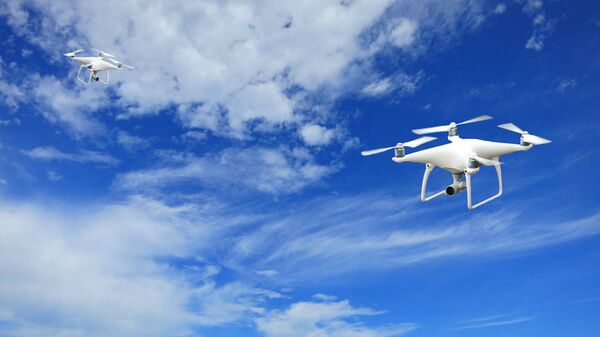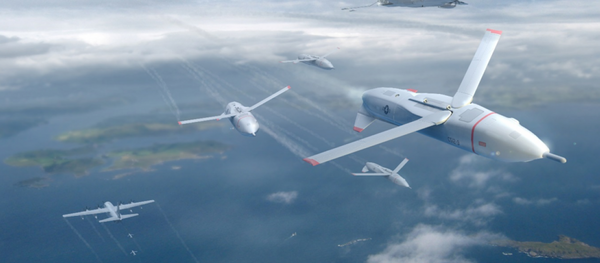According to the lab's Capt. Matt Cornachio, it wouldn't be an impossible feat. Presently, officials have been able to successfully control six drones at the same time.
"What we're looking at is… minimal operator burden, so [a Marine's] face isn't down in a tablet," Military.com quoted Cornachio. "It's sort of having the machines do the work for you, so you give them intent and they operate."
The reasoning behind the project is to provide servicemembers with extra protections while operating in remote and contested areas. In order to offer the best add-ons, officials are looking to acquire drones that have automatic target recognition; kinetic strike and electronic warfare capabilities; and can manage to stay in the air for hours.
"It's not out of the realm of possibility that these things could be in the air for three of four hours, so the smaller, the better," Cornachio stressed.
The project is part of the Corps' larger operation, Sea Dragon 2025, in which officials are working with self-driving vehicles, drones and other robotics to test how they can be beneficial to the service. Similar to the Marine Corps' project, the US Defense Advanced Projects Agency (DARPA) is looking to create a drone swarm that contains some 250 robots. Timothy Chung, the program manager for DARPA's infantry drones, said project could be used for reconnaissance missions or even for creating a perimeter on operations.
News of the drone project comes after the Marines submitted a request in April for details on a pneumatic launched suicide drone that has the ability to fly for nearly 40 miles in a timeframe of two hours, the Marine Corps Times reported.


